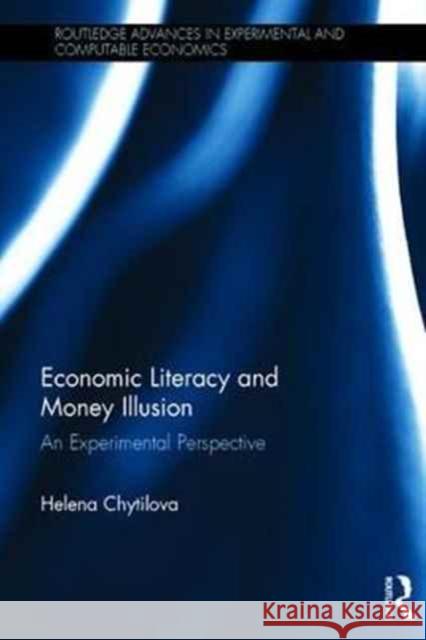Economic Literacy and Money Illusion: An Experimental Perspective » książka
Economic Literacy and Money Illusion: An Experimental Perspective
ISBN-13: 9781138235571 / Angielski / Twarda / 2017 / 192 str.
Economic Literacy and Money Illusion: An Experimental Perspective
ISBN-13: 9781138235571 / Angielski / Twarda / 2017 / 192 str.
(netto: 674,98 VAT: 5%)
Najniższa cena z 30 dni: 654,86
ok. 22 dni roboczych.
Darmowa dostawa!
In the last few years, there has been a growing tendency among central banks and other institutions to promote economic education by running a variety of educational programs. Significant resources are devoted by Federal Reserve Banks in the United States and other central banks across the rest of the world to promote economic and financial education. It is clear that central banks believe that greater economic education is one factor that may enhance the effectiveness of monetary policy. However, the effect of economic education on behavior might not be as straightforward as that. This book, therefore, poses the following question: Is there any causal relationship between economic education and the achievement of optimum outcomes, or at least a significant reduction of sub-optimal behavior? This book argues that money illusion can no longer be dismissed at the aggregate level. It examines the behavior of groups of subjects endowed with different levels of economic knowledge on a selection of market models with the help of laboratory experiments. Attention is primarily focused on the resurgent phenomenon of money illusion and coordination issues. It is assumed that the decision-making of subjects is positively affected through incentives governed by the possession of economic knowledge, which may have a weakening or even suppressive effect on money illusion itself. This offers a way to examine whether the impact of economic education on economic outcomes is consistent with consequent economic implications. Economic Literacy and Money Illusion will be of interest to students of behavioral economics, experimental economics, and banking and finance, as well as policy makers and institutions.











